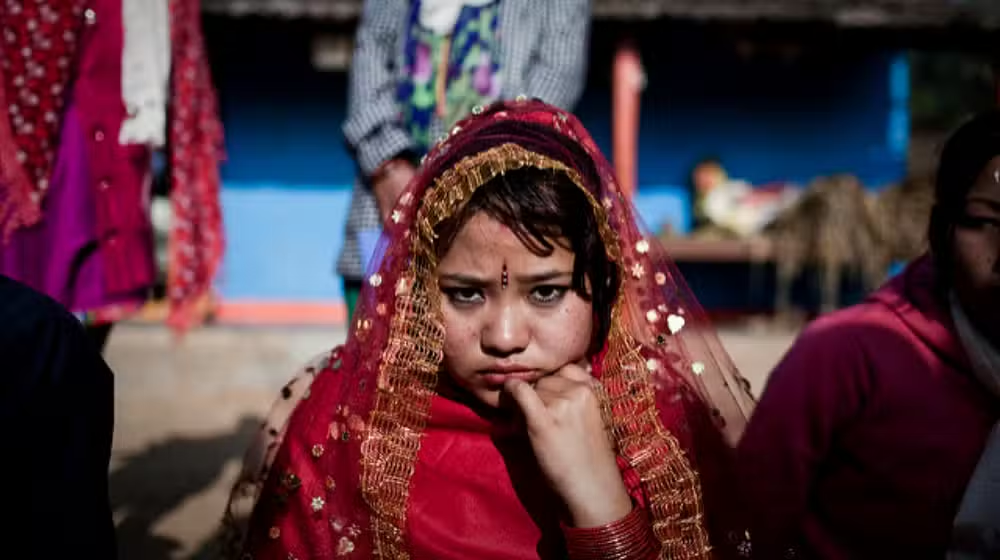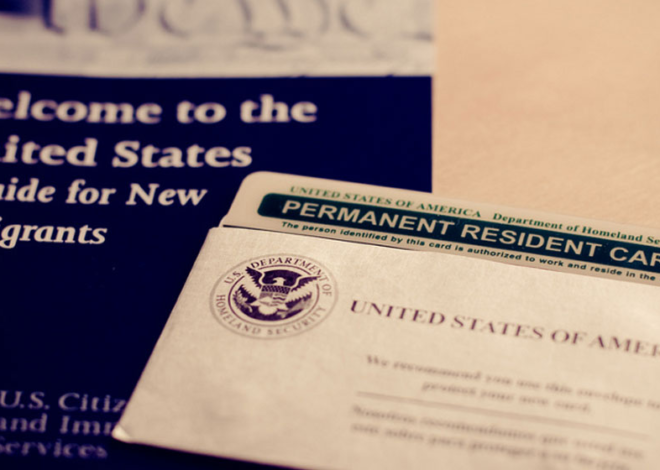
Pakistan National Assembly Bans Child Marriages Under 18
In a landmark decision, the National Assembly of Pakistan has passed legislation prohibiting child marriages for individuals under the age of 18. This move aims to protect young girls from the detrimental effects of early marriages, including health risks, limited educational opportunities, and increased vulnerability to domestic violence.
Background
Child marriage has been a persistent issue in Pakistan, with significant variations in legal frameworks across provinces. The Child Marriage Restraint Act of 1929 set the legal minimum age for marriage at 16 for girls and 18 for boys. However, this law has been inconsistently applied, leading to disparities in marriage ages across the country.
In 2014, the Sindh Assembly took a progressive step by passing the Sindh Child Marriage Restraint Act, raising the minimum age of marriage to 18 for both girls and boys. This move was aimed at aligning with international standards and protecting children’s rights .
The National Assembly’s Decision
The recent legislation passed by the National Assembly seeks to standardize the legal age of marriage across Pakistan. The new law criminalizes the marriage of individuals under 18 and imposes penalties on those who facilitate or solemnize such unions. This includes parents, guardians, and religious leaders who may have previously been complicit in child marriages.
The decision aligns with Pakistan’s commitments under international agreements, such as the Convention on the Rights of the Child and the Convention on the Elimination of All Forms of Discrimination Against Women, which advocate for the elimination of child marriages and the protection of children’s rights .
Implications and Challenges
While the legislation is a significant step forward, its implementation will face challenges. In regions like Punjab, the legal age of marriage remains 16, and there have been instances where courts have not enforced the Sindh law uniformly. For example, in 2022, the Lahore High Court directed the Punjab government to end age-based discrimination for marriage, but the directive has yet to be fully implemented .
Furthermore, conservative religious groups have historically opposed such reforms, arguing that they contradict Islamic principles. The Council of Islamic Ideology has previously contended that Islamic law permits marriage upon reaching puberty, a stance that has hindered national consensus on raising the marriage age .
Moving Forward
For the new law to be effective, it will require robust enforcement mechanisms, including public awareness campaigns, training for law enforcement officials, and support systems for at-risk children. Additionally, harmonizing the legal frameworks across provinces is crucial to ensure uniform protection for all children, regardless of their region.
Advocacy groups and child rights organizations have welcomed the National Assembly’s decision, viewing it as a positive step toward safeguarding children’s rights and promoting gender equality. However, they emphasize the need for continued efforts to address the root causes of child marriages, such as poverty, lack of education, and entrenched cultural practices.
Conclusion
The National Assembly’s decision to ban child marriages under 18 represents a significant advancement in Pakistan’s legal and social landscape. While challenges remain in ensuring the law’s effective implementation, this move underscores a commitment to protecting the rights of children and promoting a healthier, more equitable society. Continued vigilance and advocacy will be essential to translate this legislative victory into tangible improvements in the lives of young girls across the country.







